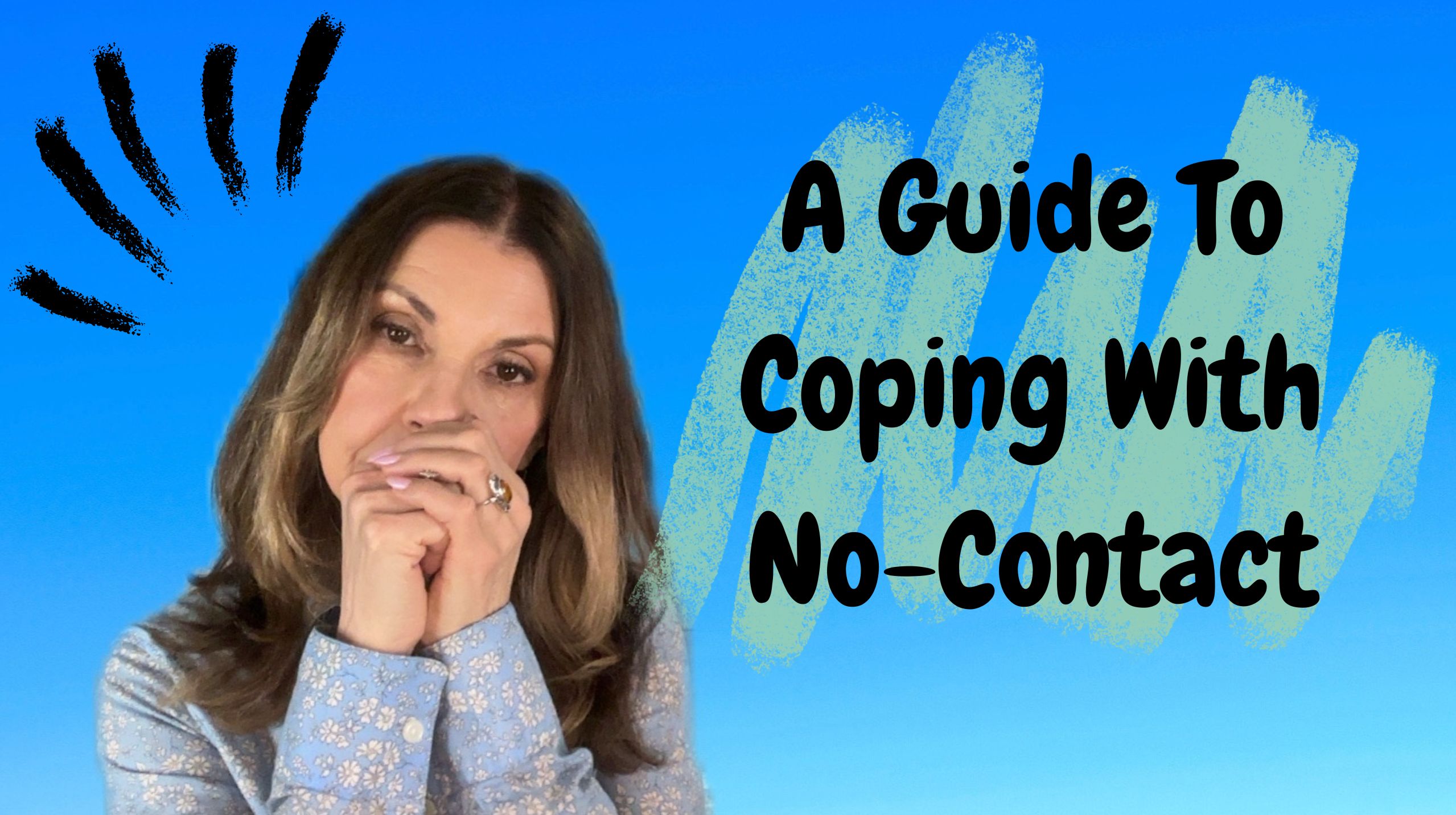Introduction
One of the most demanding challenges parents can face is the estrangement of an adult child who refuses to communicate. This painful situation is more common than many realize, affecting numerous families worldwide. If you’re experiencing this, know that you are not alone. This blog post will explore practical strategies to help you navigate this difficult journey and find peace.
Understanding Estrangement
Estrangement from an adult child can lead to profound emotional pain. It’s not uncommon for parents to experience depression, anxiety, guilt, anger, and shock. The emotional turmoil can feel overwhelming, making it hard to see a way forward. It’s crucial to understand that estrangement affects both parents and adult children. Recognizing that both sides are suffering can be the first step toward healing.
Reasons for Estrangement
There isn’t usually a single reason for estrangement. Often, it’s a complex mix of unresolved tensions, communication problems, and perceived toxicity in the relationship. These dynamics can build up over time, leading to a breaking point. Understanding the reasons behind the estrangement is essential for finding a path forward.
- Unresolved Tensions: Past conflicts or misunderstandings that were never fully addressed can fester and grow.
- Communication Problems: Lack of effective communication can lead to misunderstandings and hurt feelings.
- Perceived Toxicity: One party may feel that the relationship is harmful or unhealthy, leading them to distance themselves.
Coping Strategies
Daily Self-Care
Taking care of yourself is crucial during this challenging time. Start each day with practices that help reduce stress and promote well-being.
- Meditation: Spend a few minutes each morning focusing on breathing and calming your mind. Meditation can help reduce anxiety and improve emotional regulation.
- Journaling: Write down your thoughts and feelings. Journaling can be a therapeutic way to process emotions and gain clarity.
- Exercise: Physical activity can boost your mood and provide a healthy outlet for stress.
Communication Techniques
Improving your communication skills can be vital if there’s any hope of reconciling with your estranged child.
- Active Listening: Show that you are genuinely interested in what your child has to say. This means listening without interrupting and reflecting on what you’ve heard.
- Validating Feelings: Acknowledge your child’s feelings, even if you disagree. This can help them feel understood and respected.
- Apologizing: If you’ve made mistakes, be willing to apologize sincerely. Taking responsibility for your actions can go a long way toward healing.
Social Connection
Staying connected with supportive friends and family can provide much-needed comfort and companionship. Surround yourself with people who understand your situation and can offer empathy and support.
- Supportive Friends: Share your feelings with close friends who can provide a listening ear and emotional support.
- Family: Lean on other family members who may be going through similar experiences or who can offer a different perspective.
- Support Groups: Consider joining a support group for parents experiencing estrangement. Sharing your story with others who understand can be incredibly validating and helpful.
Emotional Resilience
While it’s natural to grieve and hope for reconciliation, focusing on your well-being is also essential. Shifting your focus from estrangement to self-care and personal growth can help you build emotional resilience.
- Grieve and Let Go: Allow yourself to grieve the loss of the relationship as it was. Accepting the situation can help you move forward.
- Self-Care: Prioritize activities and hobbies that bring you joy and fulfillment.
- Personal Growth: Use this time to work on your personal development. This could mean pursuing new interests, learning new skills, or improving mental health.
Resources and Support
Many resources can help you navigate this difficult time. Books, articles, and professional support can provide valuable insights and strategies.
- Books and Articles: Read materials that delve into family estrangement and offer advice on coping and reconciliation.
- Professional Help: Seek support from therapists or counselors specializing in family dynamics and estrangement.
- Support Groups: Joining a support group can provide a sense of community and shared understanding.
- Strategy Sessions: I offer personalized strategy sessions to help you develop a plan for coping and healing.
- Estrangement Coaching: My estrangement coaching services provide ongoing support and guidance tailored to your unique situation.
- Additional Resources: Visit my website, morinholistictherapy.com, for more resources and information on navigating family estrangement.
Conclusion
Estrangement is a deeply personal and challenging experience with no easy solutions. By prioritizing your emotional health, learning practical communication skills, and staying socially connected, you can begin to cope and find new sources of fulfillment in your life. Remember, healing takes time, and it’s okay to seek support and care for yourself.









